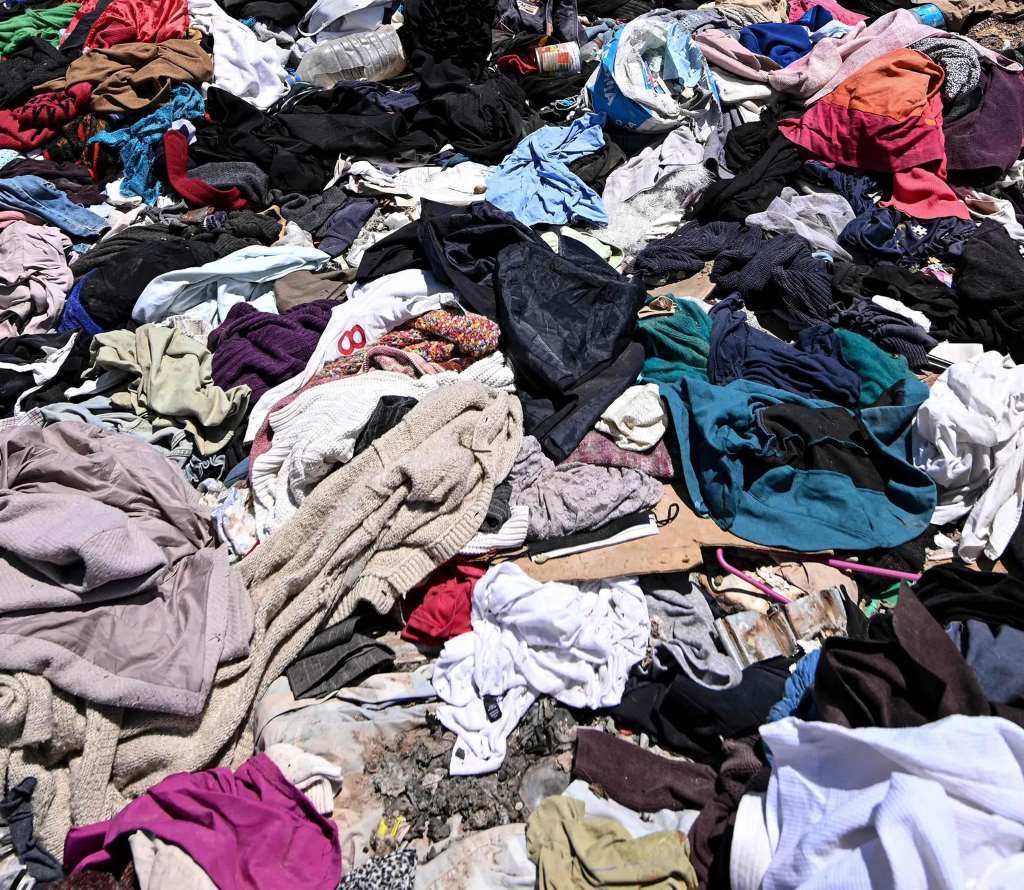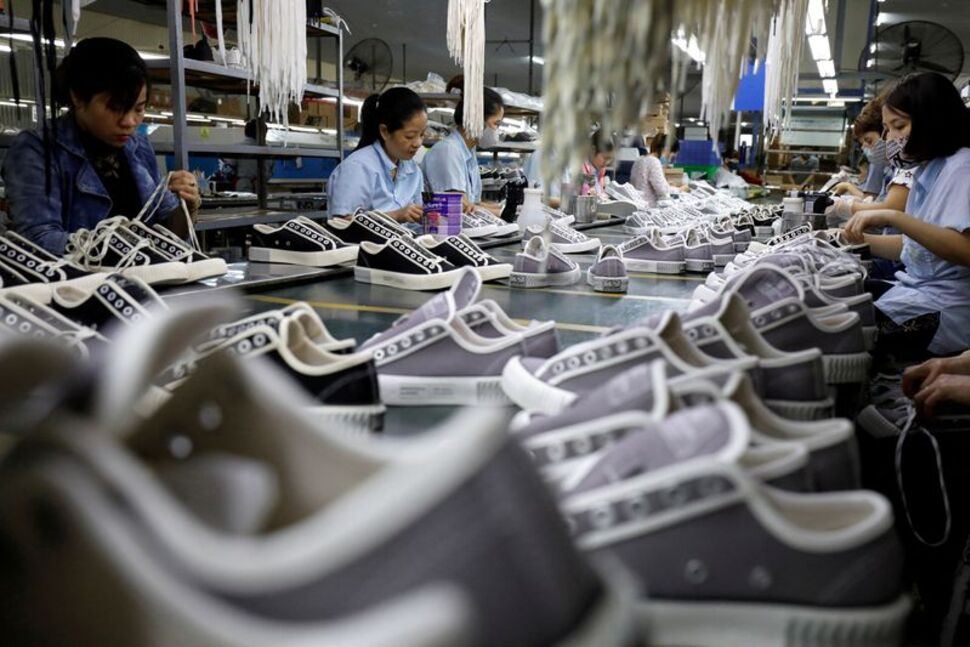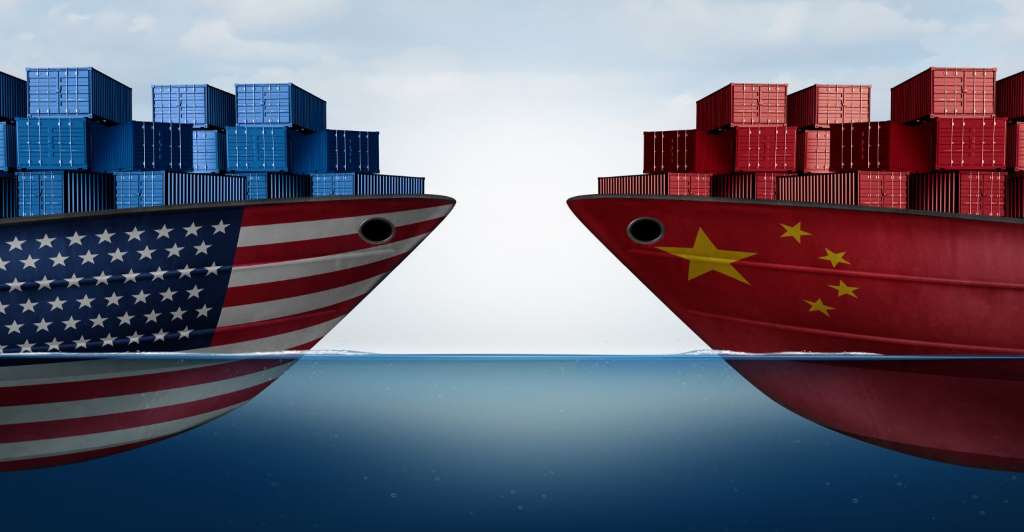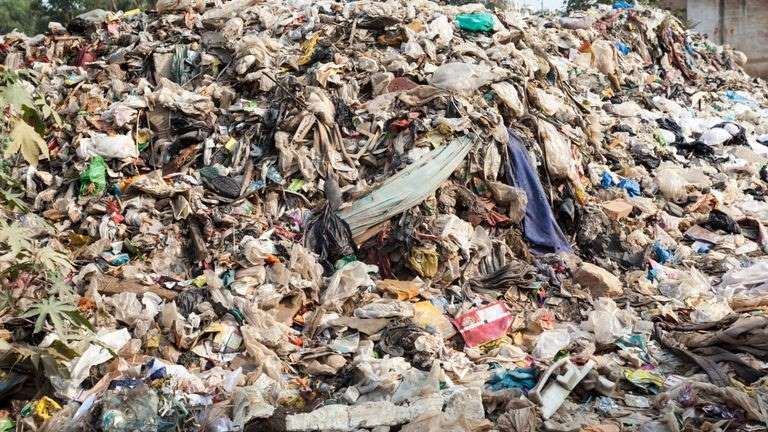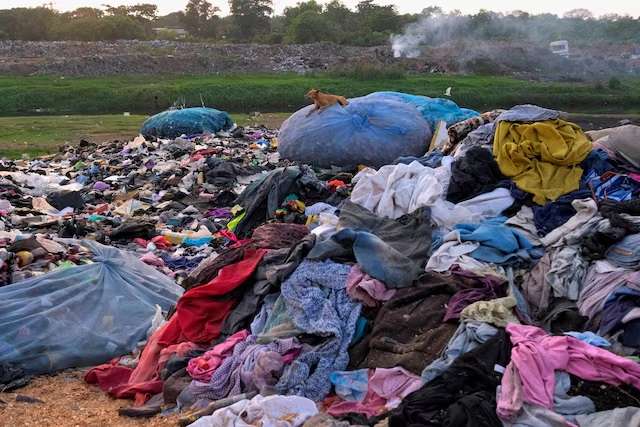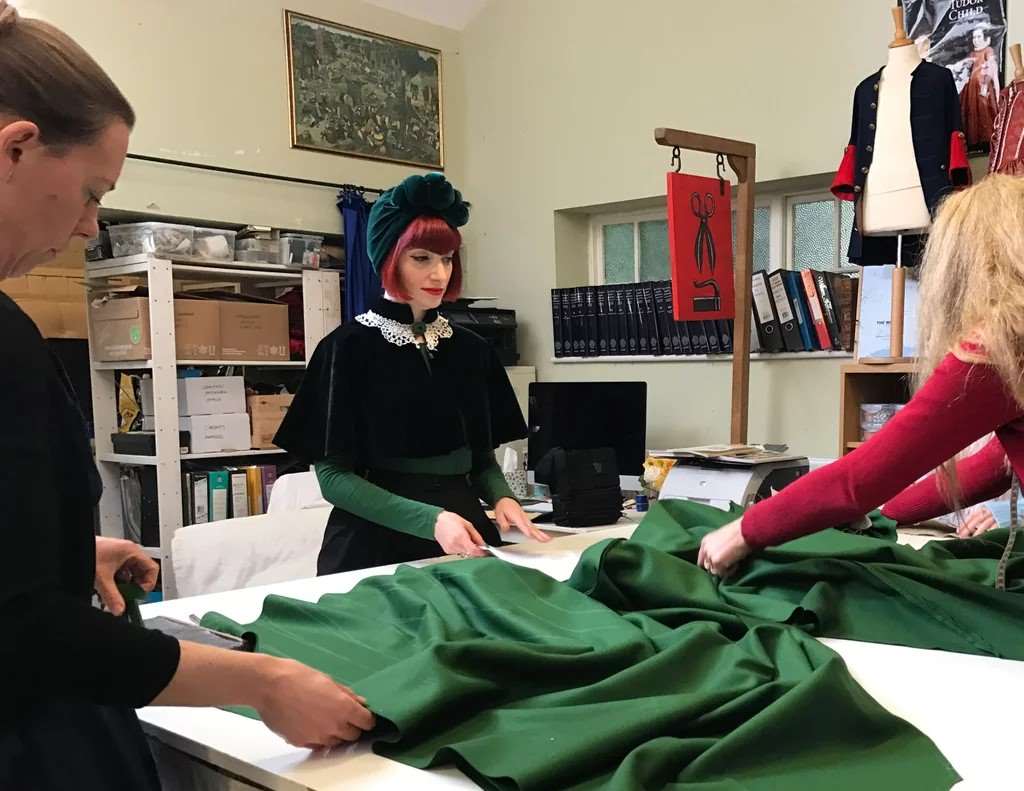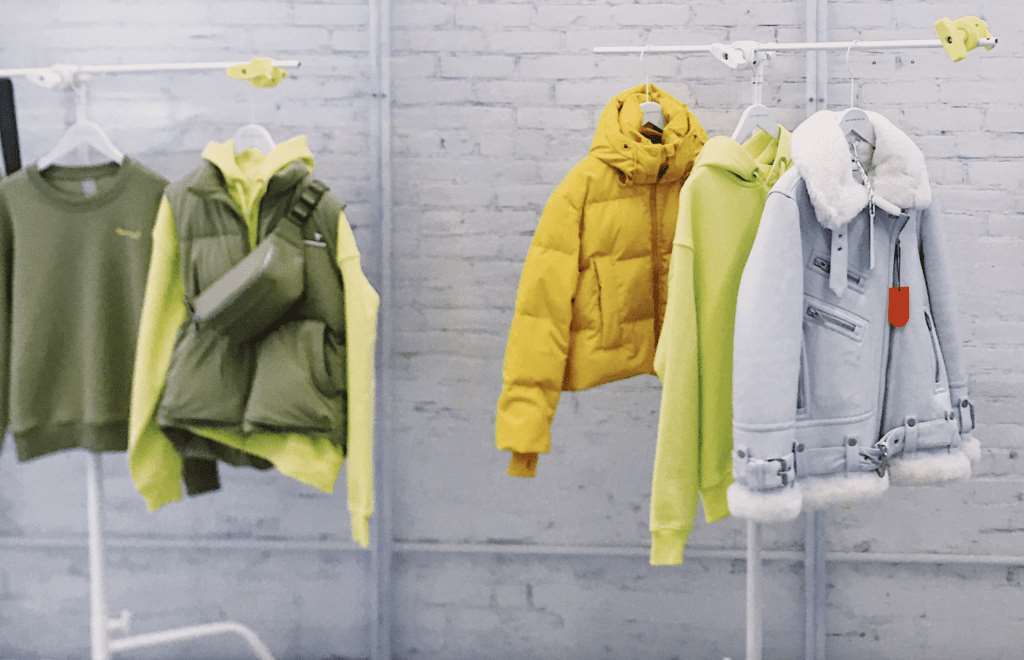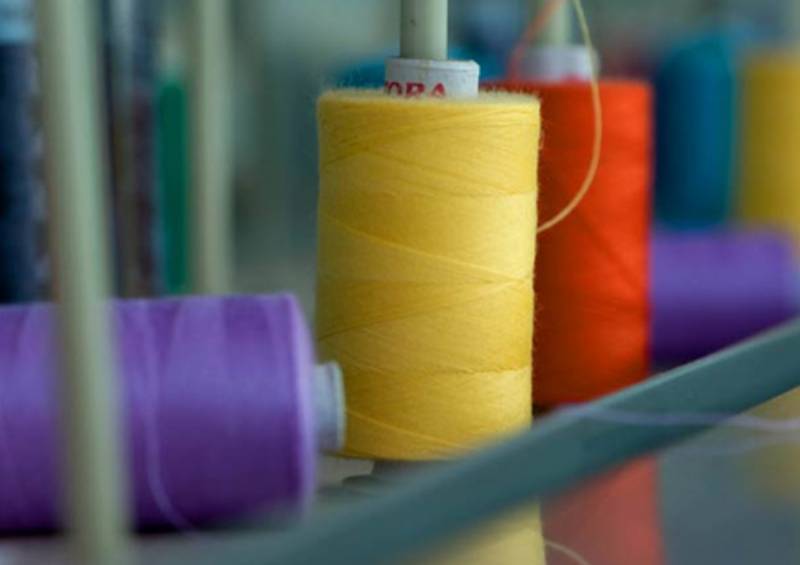In an exclusive interview with Bizz Buzz, Chandrima Chatterjee, Secretary General of the Confederation of Indian Textile Industry (CITI), highlights India's proactive approach towards trade negotiations, emphasizing the potential benefits for the textile sector. With a focus on strategic diplomacy and addressing non-tariff barriers, Chatterjee anticipates a significant easing of restrictions for Indian exporters, particularly in the textile industry, paving the way for new avenues of growth.
India's recent negotiations with the European Free Trade Association (EFTA) stand out as a milestone, marking the country's first agreement with a European bloc. The Trade and Economic Partnership Agreement (TEPA) holds promise, with commitments from EFTA to bolster investments, potentially generating a million job opportunities in India over the next 15 years. Notably, Switzerland emerges as a crucial partner, offering specialized textiles and technology, while India reciprocates with raw materials and intermediate products.
Moreover, recent trade pacts with the United Arab Emirates (UAE), Australia, and EFTA collectively contribute to India's textile trade strategy and economic objectives. The CITI's memorandum of understanding with Swiss Textiles underscores collaborative efforts to enhance bilateral trade and investment.
However, amidst these advancements, challenges persist. The Global Trade and Research Initiative (GTRI) report highlights a decline in India's textile and garment exports over the past five years, attributed to global uncertainties like the COVID-19 pandemic and geopolitical tensions. Nonetheless, India remains resilient, buoyed by robust policy measures and trade agreements.
To enhance competitiveness, Chatterjee advocates for a focus on synthetic apparel, technological advancement, and sustainable practices. Leveraging free trade agreements to address non-tariff barriers is crucial in meeting the demands of the fast fashion industry and diversifying India's textile exports. Emphasizing MMF-based products and exploring niche segments like technical textiles are pivotal for sustained growth amidst evolving global dynamics.
As India positions itself as a key player in the global textile arena, strategic negotiations and proactive policies will be instrumental in realizing its ambitious export targets and fostering sustainable growth in the sector.

